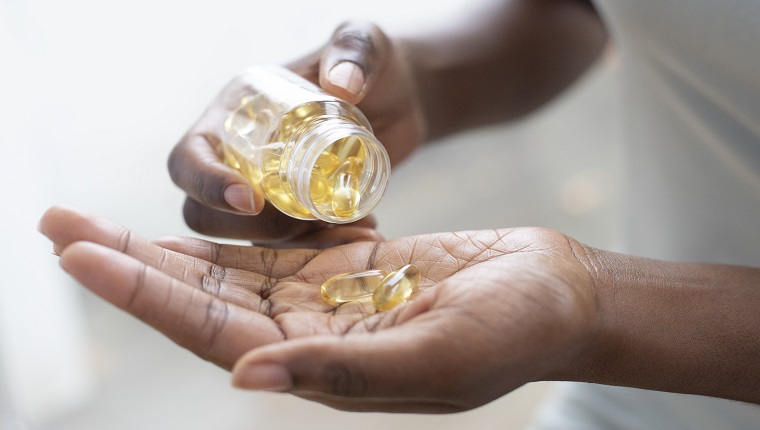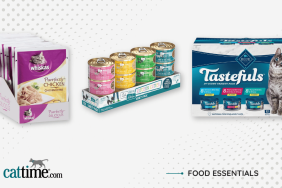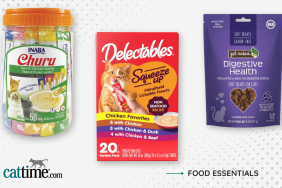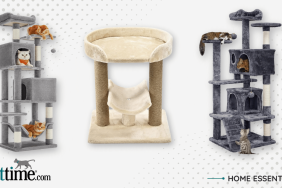Can cats take vitamin D? Maybe you’ve recently read in the news about the benefits of humans taking vitamin D and wondered whether your kitty might also be able to benefit from these supplements. If humans can take vitamin D, can cats safely take it too?
There is no short yes or no answer as to whether cats can take vitamin D supplements. Cats definitely need sufficient levels of vitamin D to be able to live and develop in a healthy fashion. However, most of that vitamin D should ideally come directly from the meat protein in their daily diet.
As always, you must ask your regular vet before adding any supplements to your cat’s diet, including vitamin D. Here’s what you need to know about vitamin D and cats.
How Is Vitamin D Good For Cats?
Vitamin D is often known as the sunshine vitamin. This is because sunlight can assist humans in producing enough vitamin D in a natural manner. Unfortunately, a cat’s body does not produce vitamin D from sunlight in the same way that a human’s does.
“In contrast to humans, cats do not synthesize vitamin D in their skin in response to sunlight,” concluded a report by the Journal Of Feline Medicine in 2017. “Therefore, cats are dependent on dietary intake to obtain vitamin D, and this nutrient is often supplemented in pet foods.”
Vitamin D helps the health of cats in the following ways:
- Encourages bone growth
- Manages calcium levels
- Helps with muscle and nerve functions
If a cat does not receive sufficient levels of vitamin D, some of the most common medical dangers they might suffer from include:
- Bone disorders (including rickets)
- Heart failure
- Risk of cancer
How Can I Safely Give Vitamin D To My Cat?
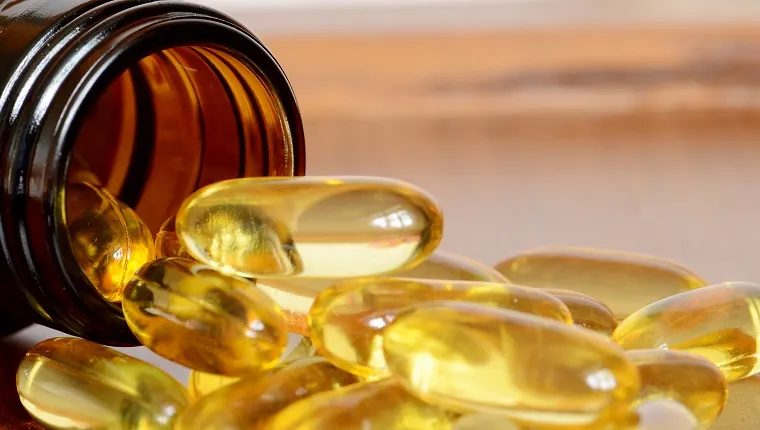
The ideal way for a cat to receive sufficient levels of vitamin D is through their diet. Some of the key foods that provide good amounts of vitamin D to a cat include beef, liver, eggs, and fish.
If you suspect that your kitty might be lacking in sufficient levels of vitamin D even if you provide them with well-balanced meals, consult with your veterinarian. They will likely order blood tests that can pinpoint the levels of vitamin D that your cat’s body is successfully absorbing.
Changing a cat’s diet is often the first step to redressing vitamin D issues. But if diet alone does not seem to be helping, your vet might suggest a cat-formulated brand of supplements. Never give your cat human vitamins and supplements unless your vet advises you to do so.
If your vet prescribes supplements for your cat, it’s imperative that you follow the dosage and frequency instructions accurately. This is because too much can result in vitamin D toxicity in cats due to the way felines process fat-soluble vitamins.
Finally, if your cat does not take to eating whole vitamin D pills or capsules, feel free to crumble them up and add them directly to their regular meals.
Has your cat ever ended up needing more vitamin D in their diet? How did your vet help you make sure your cat got enough vitamins? Tell us all about it in the comments section below!
